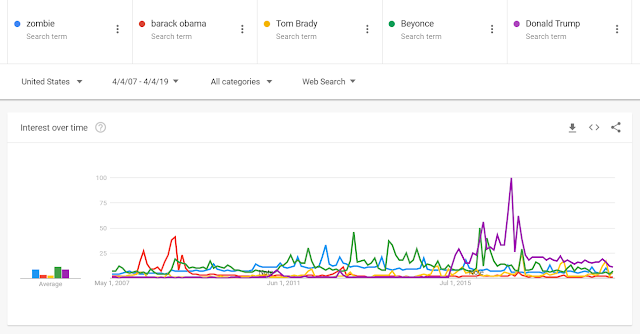Honestly, I didn’t really know Frank all that well, but he was incredibly influential in my life and I am very grateful for the inspiration he provided. Obviously, I should have shared this appreciation with him long before he died.
Frank's influence on my life began when I was a senior in high school. I had debated one semester at El Dorado (KS) High School during my sophomore year -- Kansas high schools only had debate for one semester in those days. Then, I debated my junior year at Charles Page High School in Sand Springs (OK). My father's job had taken us to the Tulsa area and debate allowed me quickly to find a new group of good friends in high school. As it turns out, both El Dorado and Sand Springs were pretty good high school debate programs with young energetic coaches.
Some of my friends at Sand Springs were especially serious about debate. My colleague, for example, was attending the Northwestern University debate institute after our junior year. I wanted to be successful and I'm a competitive guy, so I ended up attending KU debate camp. I had long been a Kansas basketball and football fan and the trip also served as an on-site visit to my preferred college. It made for a reasonable sell to my parents.This would have been summer 1978.
Camp was fun and I really liked the KU campus. I learned a lot, started thinking about debating in college, and met Steve Griffin, who provided some encouragement to me. Most KU debaters, he noted, were former Kansas high school products. Steve had gone to Lawrence High School and would make the semi-finals of the NDT in 1979. That's the Final Four in basketball vernacular.
After the camp, I put my hands on a copy of the Journal of the American Forensics Association article featuring the final national championship debate between the University of Kansas and Georgetown University. That winning Kansas team was comprised of Robert (Robin) Rowland and Frank Cross. They were juniors at the time and followed up their championship with a very successful senior year that ended with a loss in the semi-finals of the National Debate Tournament. Frank and Robin are now members of the University of Kansas debate Hall of Fame.
For weeks (and months) afterwards, I sometimes practiced reading aloud Frank's second negative constructive speech to figure out if I had the verbal "speed" to debate in college at a nationally-competitive program like Kansas. I also mined Frank's references from the "Malthus was right" argument he made in that debate. His bibliography allowed me to assemble (and understand the complexity of) the argument he was making (against a food aid case) – even though I figured it would not be something I could use in Oklahoma high school debate at the time.
Next, Frank's success as a KU debater shaped who I became as a college debater. As a freshman in Lawrence I took a required debate theory and argumentation class from Robin Rowland, who openly admitted that much of what he knew about developing disadvantages to affirmative plans was learned from years and years and years of debating with Frank Cross. Rowland and Cross were both products of Lawrence High School and had debated together through four years of college. They were friends for decades. Essentially, I learned a tremendous amount of debate skill from Robin, but he had learned a good deal about making attacks on affirmative plans from Frank. Robin also repeatedly emphasized the importance of research and often credited Frank on that front as well.
My ultimate identity as a college debater was largely based on my researching disadvantages to various affirmative plans.
Later, Frank's post-graduate education and career decisions also greatly influenced my life.
From around age 5, I had wanted to be a lawyer. When I discovered that Frank had gone to Harvard Law School after attending KU, I figured that was a viable pathway for me – maybe not Harvard Law specifically, but some excellent (if not elite) law school. It would be wrong to say that it made Kansas a viable choice, because I long intended to attend KU. But it made the pathway thinkable -- Kansas, college debate, good law school, etc.
During my years as a college debater (and then two years as a coach), Frank’s decision to leave private legal practice (and Steve Griffin's parallel decision, I would note) for a career in academia, made me rethink why I thought I wanted to be a lawyer. Why were these bright guys abandoning the career I thought I wanted -- in favor of academia? In the end, that pathway made sense for me too.
Finally, while I was working on my dissertation in late June 1989, Frank generously allowed me to stay with him in his home while I conducted archival research at the LBJ presidential library in Austin. I remember some wide-ranging conversations with him about politics, academia, law, etc. Most clearly, however, I recall our discussions of how best to assemble a team in fantasy baseball. We were watching the NBA draft on TV and I had discovered his library of Bill James abstracts in his guest room. Frank could be a very serious scholar and thinker, but he also enjoyed having a drink with friends, talking about sports, and speculating about politics.
In the end, I very much appreciate all of those things too.
RIP, Frank B. Cross.
Visit this blog's homepage.
For 280 character IR and foreign policy talk, follow me on twitter.
Or for basketball, baseball, movies or other stuff, follow this personal twitter account.





